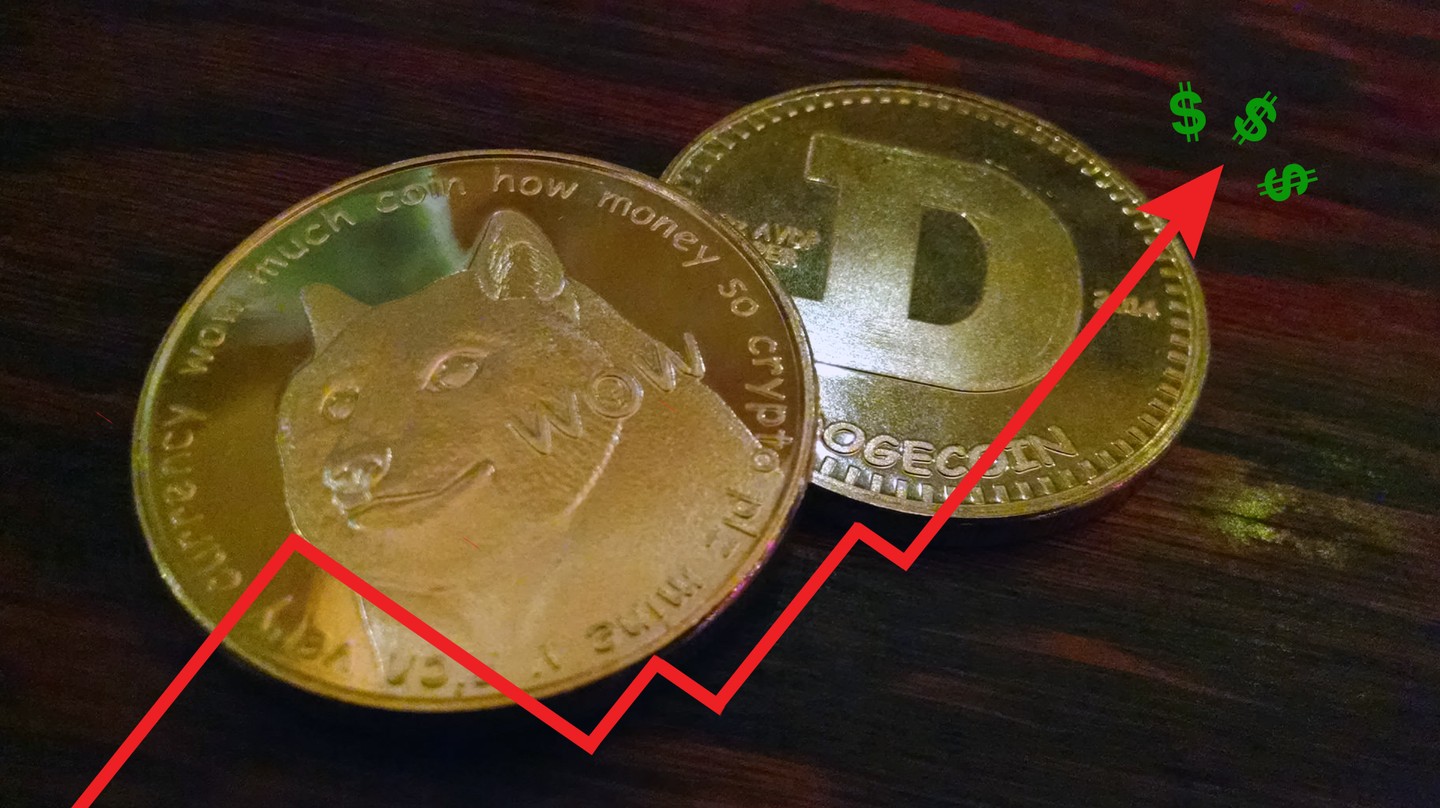Jackson Palmer: My Joke Cryptocurrency Hit $2 Billion and Something Is Very Wrong

Jackson Palmer is an Australian entrepreneur and technologist best known for creating the infamously successful “joke” cryptocurrency Dogecoin. Currently based out of San Francisco, Jackson works as a product manager for Adobe but is still active in the cryptocurrency space. Jackson has holdings in various cryptocurrencies, including less than $50 worth of Dogecoin. You can follow him on Twitter and YouTube.
When I jokingly tweeted about “investing in Dogecoin” in late 2013, I never imagined that the tongue-in-cheek cryptocurrency I had just brought into the world would still be around in the year 2018, let alone hit a $2 billion market caplike it just did over the weekend.
Last year saw an explosion of interest and investment in cryptocurrencies across the board, so it’s tempting to see 2017 as the best year to date for the industry. But I feel it is shortsighted to mistake this explosive growth as being sustainable—in fact, I feel 2017 was arguably the worst year for cryptocurrencies yet. To understand why, let’s revisit what I learned from the currency I created as a joke.
Dogecoin started as a parody of the multitude of alternative cryptocurrencies, or “altcoins,” flooding the market at the time. As interest in Dogecoin grew through social media and an active Reddit community, it went on to become an educational gateway for many people dipping their toes into the world of cryptocurrencies for the first time, thanks to its low price and welcoming community.
In 2013, the vision for the future of cryptocurrencies seemed relatively clear: To deliver a peer-to-peer alternative to cash that, through decentralization, did away with the need for trust in financial institutions, which the 2008 crisis showed to be unscrupulous, and often corrupt. Bitcoin, which ignited the cryptocurrency movement in 2009, brought real technical innovation to the table in achieving this vision. Back then, I hoped that through the power of community, a project such as Dogecoin may help drive further awareness of and innovation in that technology.
However, as I quickly learned, a passionate community of people throwing around money is like blood in the water to the shark-like scammers and opportunists who, in late 2014, co-opted the Dogecoin community and fleeced its members for millions of dollars.
By 2015, the energy in the community had changed—those who got burned by the scammers began to disappear and the community’s interest in Dogecoin declined, as did its price in US dollars. At the same time, confidence in Bitcoin was shaken: hacks and scams dominated the news cycle, and merchant adoption failed to grow at forecasted rates. Despite these events, huge sums of venture capital continued to pour into fresh cryptocurrency companies backed only by buzzword-laden websites and lacking any discernible business model.
In light of all this, in 2015 I decided to back away from any involvement in Dogecoin and cryptocurrency in general. I handed development of Dogecoin over to a team of community members that I trusted. I made it clear at the time that any Dogecoin I previously held—the small amount I have now came from people “tipping” me after I left—had been sent to charity drives run by the community, and that I’d made zero profit from my involvement with the project.
I saw the space being overrun by opportunists looking to make a buck, rather than people investing in evolving the technology (which, even back then, we knew was facing real technical issues.) Over the following two years, I monitored the space from afar. What I noticed was a shift away from developing the core technology powering these networks to churning out shiny new projects that shoehorned in “blockchain” wherever possible.
There is a popular saying in financial markets along the lines of, “When your taxi driver is telling you to buy stock, you know it’s time to sell.” Basically, when a stranger with (presumably) little experience in the stock market is giving you tips, it’s an indication that the market is too popular for its own good. Having been out of the cryptocurrency space for two years, in early 2017 when my Uber drivers started talking to me about Ethereum, I knew we were entering a renewed period of speculative crypto-mania.


